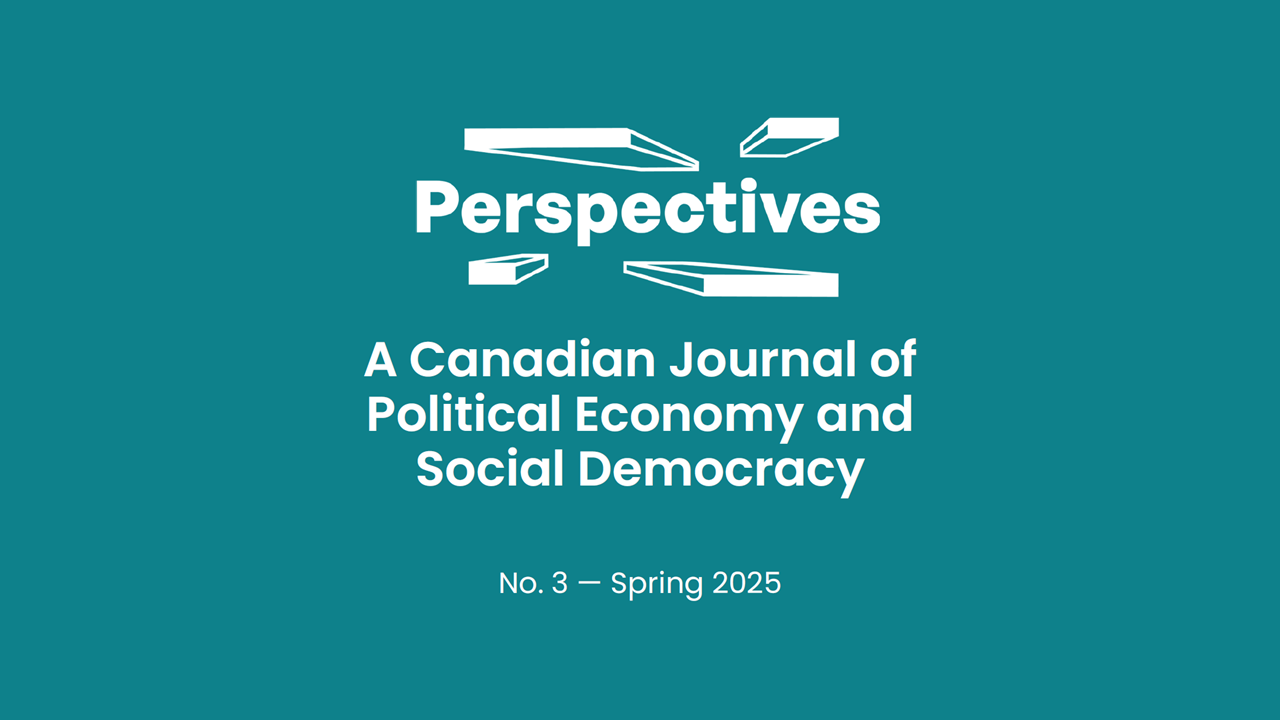Editorial — Spring 2025
Amid this nationalist fervour is a desire to protect Canadian institutions such as public healthcare – a profoundly distinct and equalizing system that has insulated the Canadian working-class from the affordability experiences of Americans.










